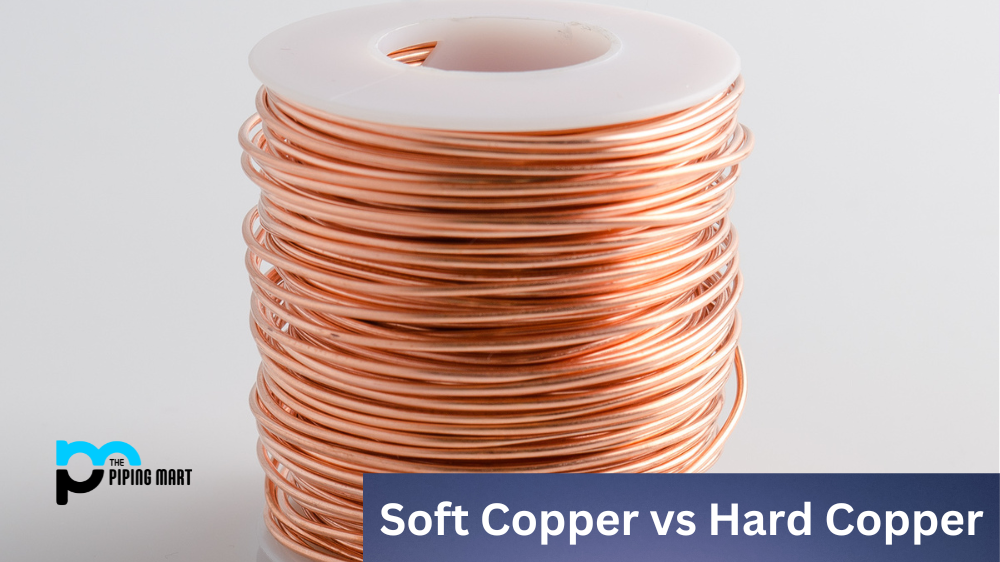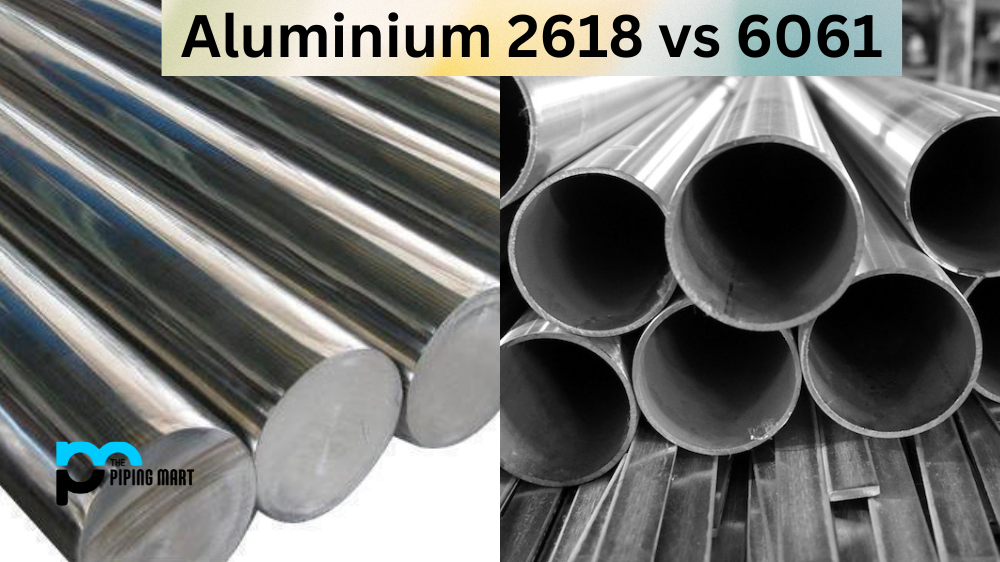If you’ve ever been involved in plumbing, you’re likely familiar with copper pipes. But did you know that not all copper is created equal? In this article, we’ll explain the difference between soft and hard copper so that you can make an informed decision when it comes time to choose which type of pipe is best for your project.
Difference between soft copper and hard copper
The most significant difference between soft copper and hard copper is their density. Soft copper has a lower density than hard copper and is more malleable. This makes it easier to bend into shapes that are needed for plumbing projects, allowing plumbers to work with shorter lengths of pipe while still achieving their desired results. Soft copper is easier to cut than hard copper because it requires less pressure or force. The downside of using softer materials like soft copper is that they are more prone to kinks and dents if not appropriately handled.
Hard copper, on the other hand, has a higher density than soft copper and is far less malleable. This makes it difficult to bend into complex shapes without specialized equipment or tools. However, its added rigidity means it can be used in situations where high pressures may be present without risk of damage from kinking or denting. Hard copper pipes typically have a longer lifespan than soft ones due to their increased durability and resistance to corrosion over time.
When deciding which type of pipe to use for your plumbing project, consider the complexity of the job at hand and what types of conditions your piping will be subjected to over time. Soft pipes may suffice for simpler jobs or those with low water pressure requirements; however, if your job requires complex bends or involves high-pressure applications (such as hot water systems), then hard pipes are a better choice due to their added strength and longevity.
Composition
Soft copper is a type of copper that contains a small amount of impurities, such as sulfur and phosphorus. This gives the metal a lower melting point and makes it more malleable than pure copper. Hard copper, on the other hand, is a type of copper that contains a higher percentage of impurities. This makes the metal more brittle and less malleable.
Uses
Soft copper is often used for electrical applications because it can be easily bent and shaped into the desired form. It is also used in plumbing applications because it is less likely to crack or break when exposed to high temperatures. Hard copper is typically used in industrial applications because it is more durable and can withstand higher temperatures.
Properties
Soft copper has a lower melting point than hard copper, which can be easily worked at lower temperatures. It is also more malleable, meaning that it can be easily bent and shaped into the desired form. However, soft copper is also more prone to corrosion than hard copper. Hard copper has a higher melting point than soft copper, meaning it can withstand higher temperatures before being damaged. It is also more brittle, meaning that it is less likely to bend or break under stress. However, hard copper is less susceptible to corrosion than soft copper.
Advantages
The main advantage of soft copper is that it can be easily worked at lower temperatures, making it ideal for electrical and plumbing applications. The main advantage of hard copper is that it is more durable and can withstand higher temperatures, making it suitable for industrial applications.
Disadvantages
The main disadvantage of soft copper is that it is more prone to corrosion than hard copper. The main disadvantage of hard copper is that it is more malleable and brittle than soft copper, making it easier to work with in some applications.
Conclusion:
Both types of pipes offer advantages in certain situations–and drawbacks in others–so there isn’t one clear-cut answer when deciding which type should be used for a particular application. Ultimately, it depends on the job and any environmental factors that could impact your piping over time (like extreme temperatures). With these considerations in mind, plumbers and DIYers alike can decide whether they should opt for soft or hard copper piping for their project!

Pipingmart is a B2B portal that specializes in metal, industrial and piping items. Additionally, we share the latest information and information about materials, products and various types of grades to assist businesses that are involved in this business.




